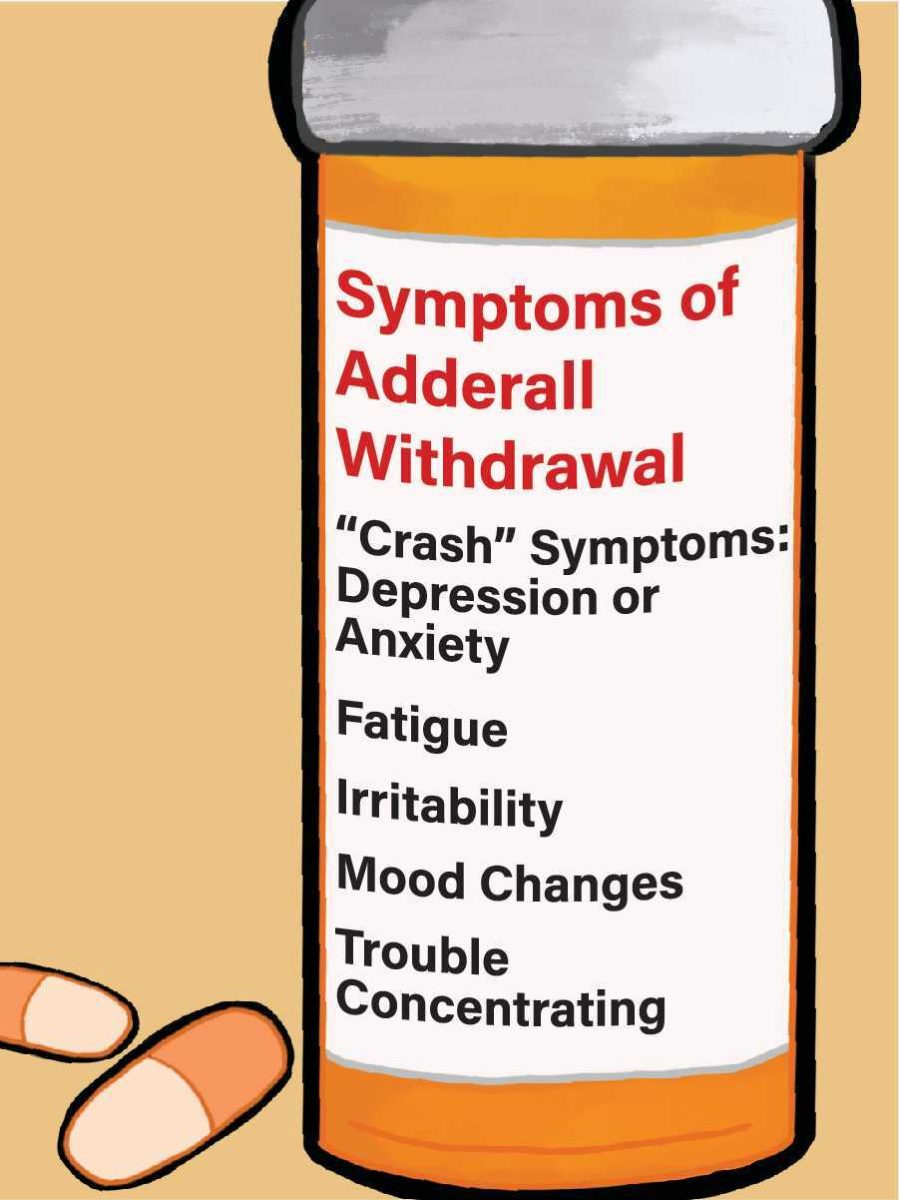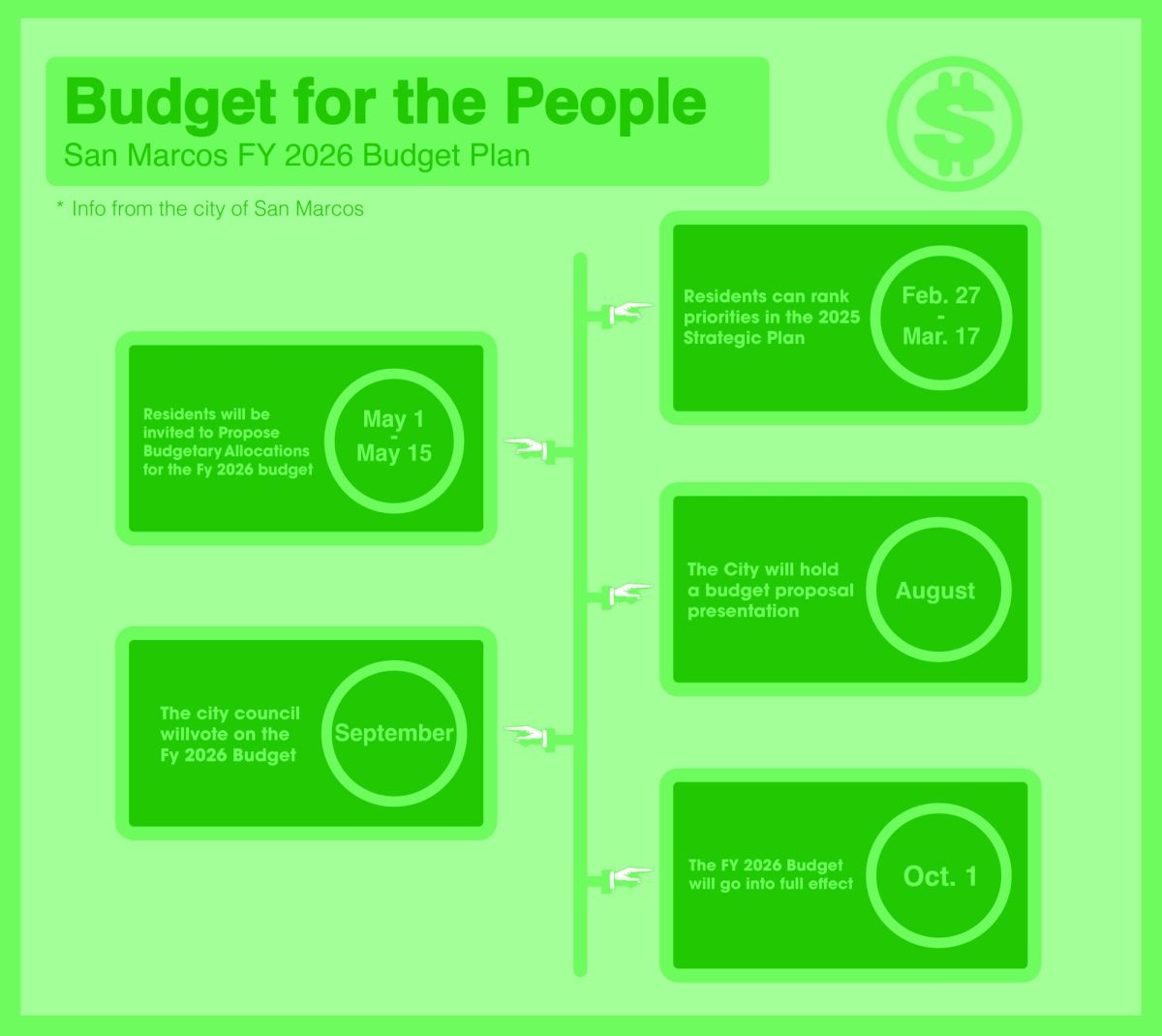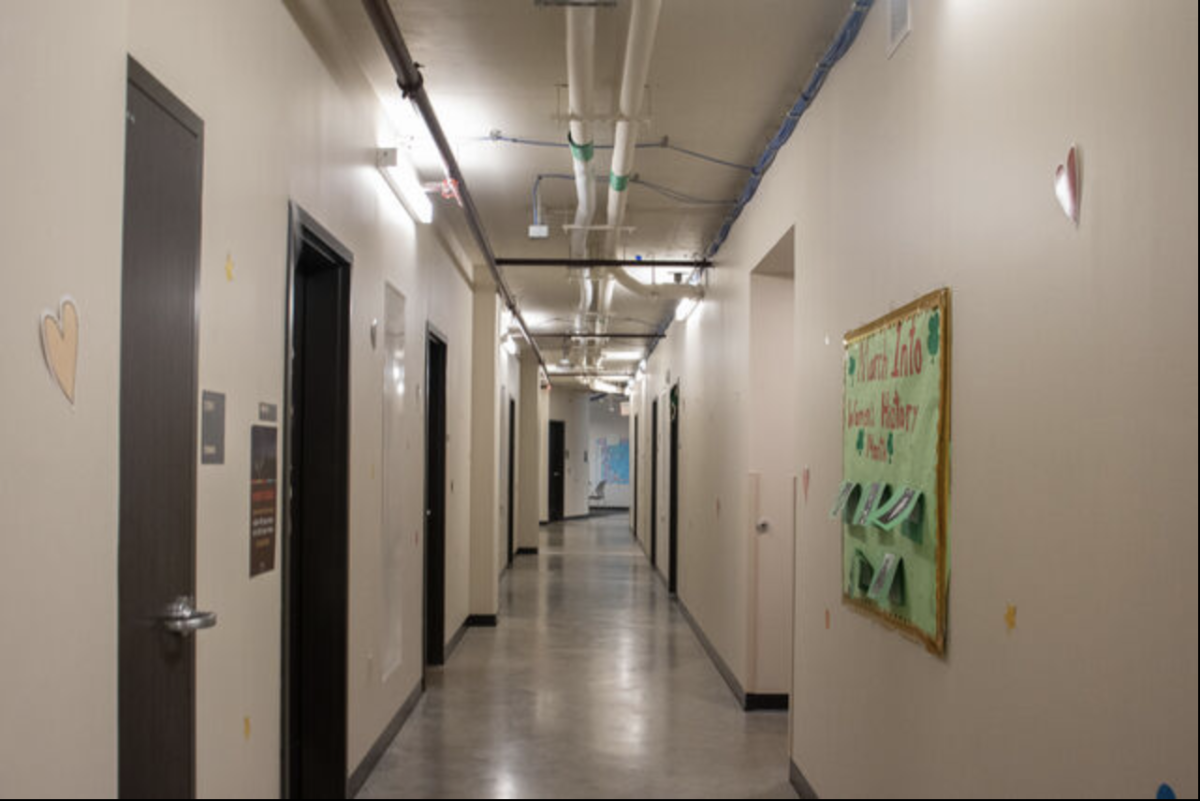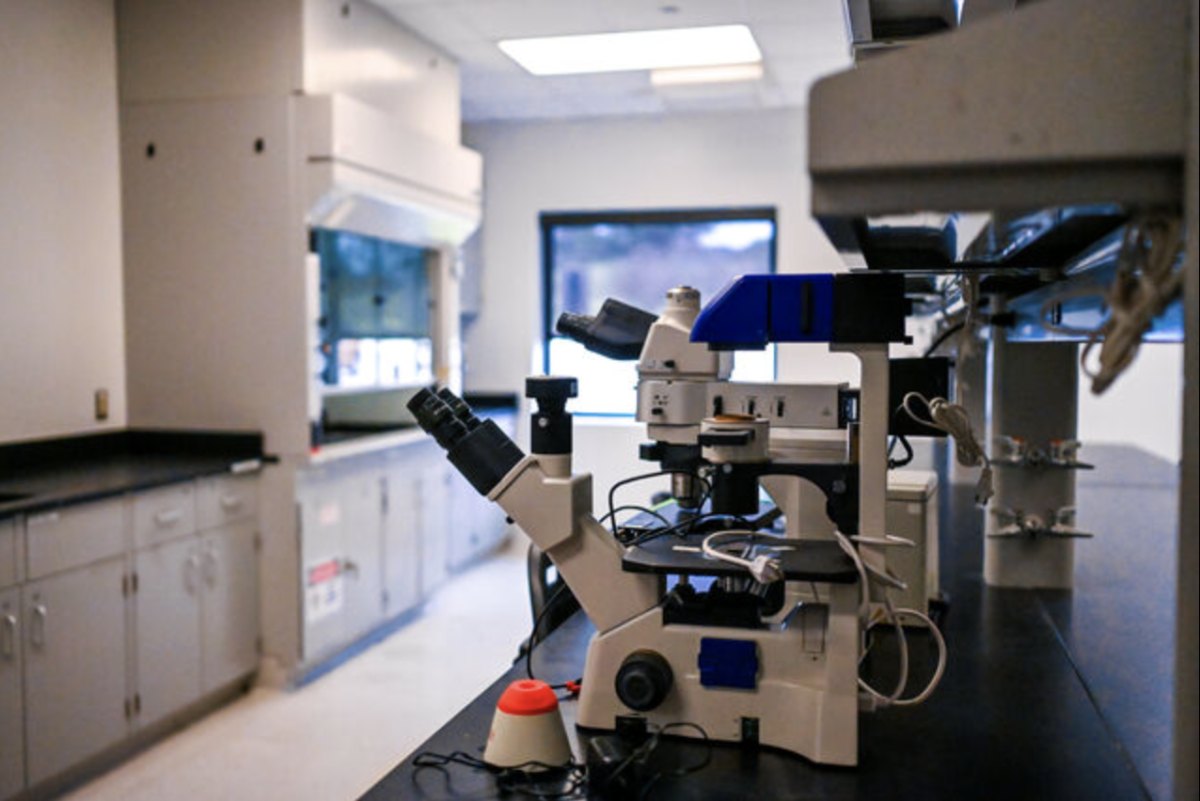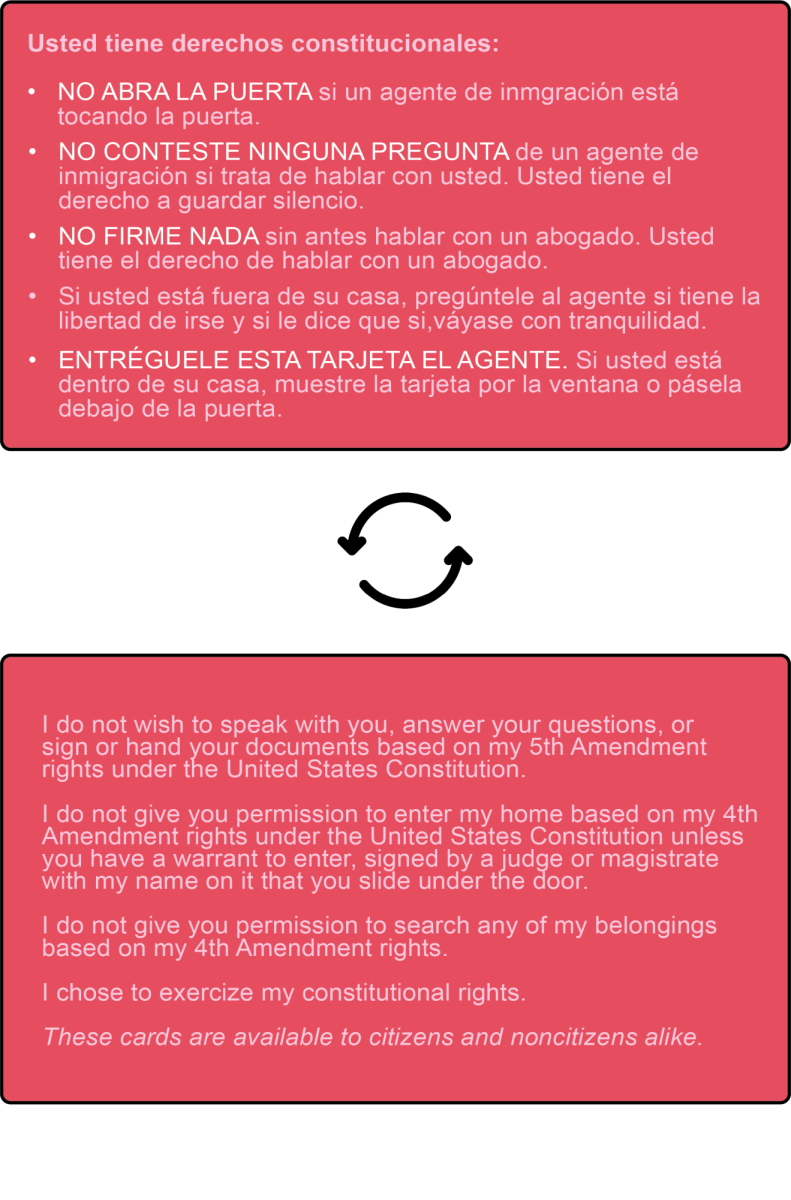Texas State students trying to access attention deficit hyperactivity disorder (ADHD) medication are continuing to experience disruptions due to an ongoing ADHD medication shortage.
It’s been two years since the U.S. Food and Drug Administration (FDA) first announced a shortage of ADHD medication due to manufacturing delays and insufficient supplies.
According to the American Society of Health-System Pharmacists, there are 277 active drug shortages with 95 new drug shortages identified in 2024. However, the FDA stated some stimulant ADHD medications could be available as soon as the end of October, with others expected in 2025.
Ty Schepis, psychology professor, said ADHD is composed of three core sets of symptoms and people with ADHD experience problems with attention, impulse control and hyperactivity.
“I think it’s pretty easy to see how having these symptoms would negatively impact somebody in an academic setting, especially if someone has problems with attention, that’s probably the easiest one to talk about,” Schepis said.
Rae Savage, psychology junior, said they’ve experienced issues accessing their ADHD medication since the COVID-19 pandemic and have gone through extended periods of time without any medication.
“I had to finish out my semester with no medication, and I was going around between different pharmacies everywhere from San Marcos to Austin, trying to just find a pharmacy that number one took my insurance and number two actually had the medication,” Savage said.
Stimulant and non-stimulant medications are the two main types of medication treatment for people with ADHD. Stimulant medications are composed of amphetamine medications, such as Adderall and Vyvanse, and methylphenidate medications, such as Ritalin and Concerta.
Schepis said stimulant medications, like Adderall, are the most effective type of medications when treating mental health conditions and helping with ADHD symptoms. However, stimulant medications have a higher potential of becoming addictive.
“[Stimulant medications] are seen as effective, but they do have the downside that they can be misused,” Schepis said. “Half or more of college students who have ADHD, and a stimulant prescription are approached to give away their medication,”
Breezy Bishop, special education freshman who is on a non-stimulant type of medication, said she has not faced any issues accessing her prescriptions.
“All I have to do is call CVS and ask for my medicine, and then it’s usually there for me, but one of my friends is on Adderall and I think she’s a month or two where she just can’t get it,” Bishop said.
Savage said they have yet to receive answers from pharmacists on when the shortage might end, raising concerns about when they’ll be able to fill their next prescription.
“Everyone just seems to have the same answer: ‘I don’t know,’” Savage said. “The pharmacists were all telling me they did not know when they would get [ADHD medication] again, so I was better off trying to find somewhere else than waiting.”
Matthew Neely, photography sophomore, said he experienced several instances where pharmacies lost his prescriptions which caused him to go without medication for days.
“I’ve had to go sometimes two days without my medication and stuff down my ADHD and try to focus and mask myself without the help of my medication,” Neely said.
The Centers for Disease Control and Prevention (CDC) issued a Health Alert Network (HAN) in June about a potential disruption to access prescription stimulant medications due to the U.S Department of Justice announcing a federal healthcare fraud involving the distribution of Adderall for “no legitimate healthcare purpose.”
“A disruption involving this large telehealth company could impact as many as 30,000 to 50,000 patients ages 18 years and older across all 50 U.S states,” the HAN stated.
Neely emphasized the importance of understanding the struggles that people with ADHD face, especially with October being ADHD Awareness Month.
“It’s not really an invisible disorder, but [people with ADHD] make it invisible,” Neely said. “There are real struggles because it’s not just laziness, it’s a dopamine deficiency in my brain that’s causing me to not be able to work.”
Schepis said it is important for students who continue to have issues with accessing their medications to utilize the available accommodations and services on campus. However, students can no longer pick up any prescriptions at the Student Health Center as it shut down its pharmacy in May 2023.
“I think communication with [students with ADHD] physicians is really important because their physician may be able to try a different medication that seems to be in stock,” Schepis said. “While that option has downsides, that’s probably better than no treatment whatsoever or just stopping the medication.”



